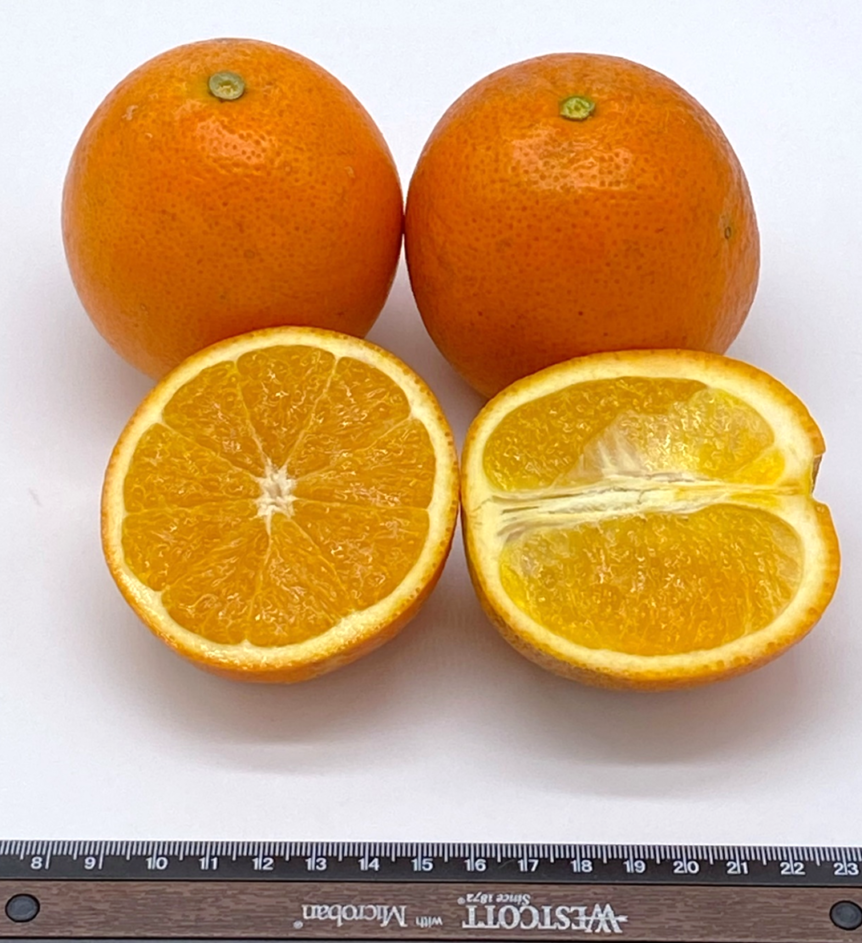
Peter Chaires, New Varieties Development and Management Corp. executive director, spoke about citrus breeding at the Cold Hardy Citrus Workshop on Sept. 24 at the University of Florida Institute of Food and Agricultural Sciences Extension office in Perry.
Chaires said HLB tolerance “is an essential element of everything that’s being done in the breeding program with a stronger emphasis than anything else in orange and orange-like varieties that would contribute to the processing industry.”
HLB was first detected in Florida’s commercial citrus groves in 2005. The disease leads to premature fruit drop, unripe fruit and eventual tree death. A key management strategy in the cold-hardy citrus region of North Florida, South Georgia and South Alabama is to remove trees if HLB is found. Tree removal is no longer an option in other parts of Florida, however.
That places an emphasis on breeders developing varieties that are tolerant of the disease and can still function at a high level.
“They’ve gone through and identified the parents that they have in their parent tree program that have a propensity to pass on those tolerance traits as well as the fruit quality traits, and they’re only utilizing that material now,” explained Chaires. “We’ve seen two parents, neither one of which were HLB tolerant, but their offspring were. You can have the opposite, where the two parents were pretty good but the offspring not so much. There’s a randomness to it.”
Varieties that offer HLB tolerance can provide some protection for growers as they await a silver bullet variety with true HLB resistance. “It’s really an economic issue,” said Chaires. “If a variety helps to make a grower viable, keeps them in business and keeps that land committed, I think that there are a lot of intermediate steps that could really benefit the industry. We see a lot of potential in keeping conventional breeding programs going.”
Chaires recommends the UF 1859 sweet orange-like hybrid. It is an HLB-tolerant variety that he said is holding up well in the field, produces extraordinary flavor and is readily available. See more on UF 1859 and other recently released citrus varieties here.

By Clint Thompson










